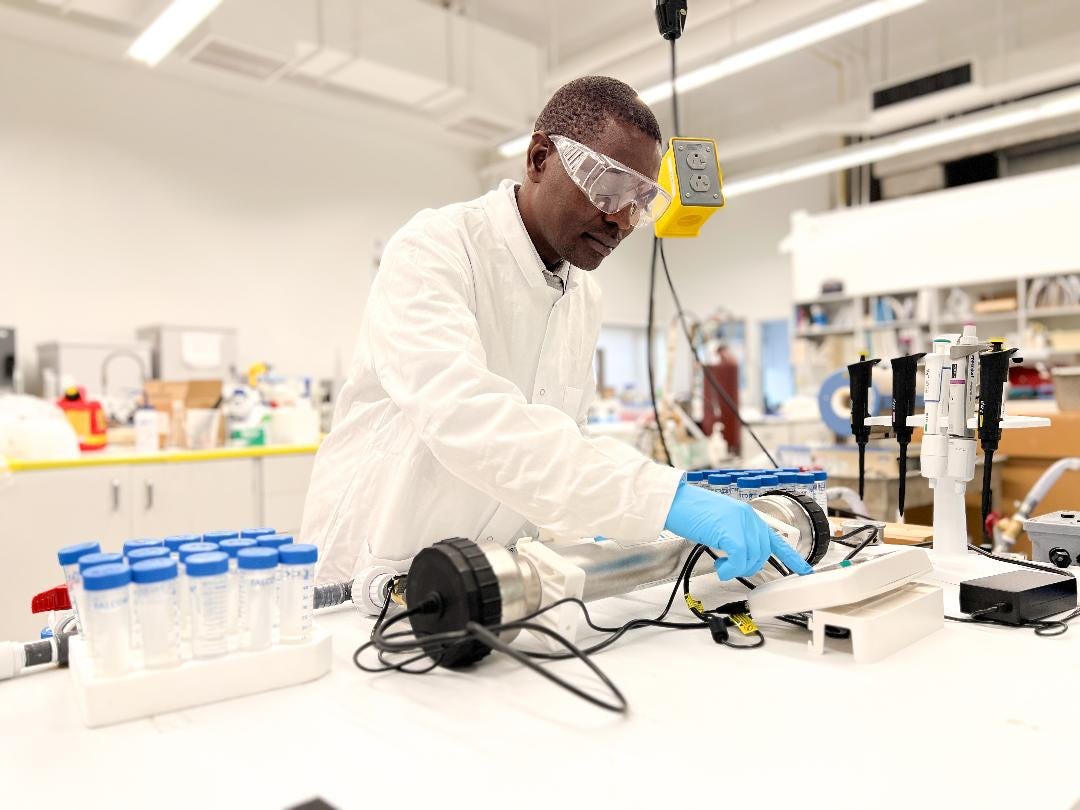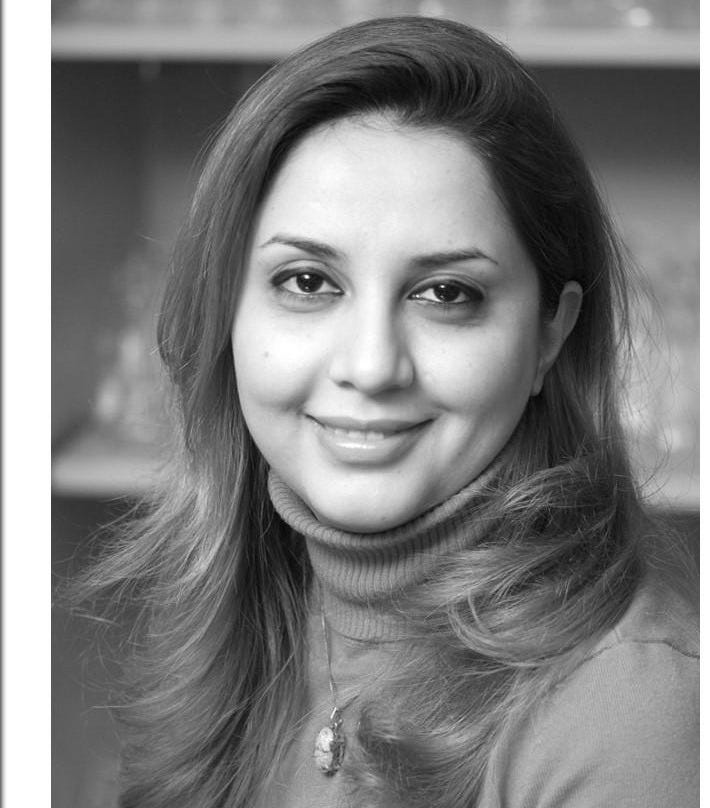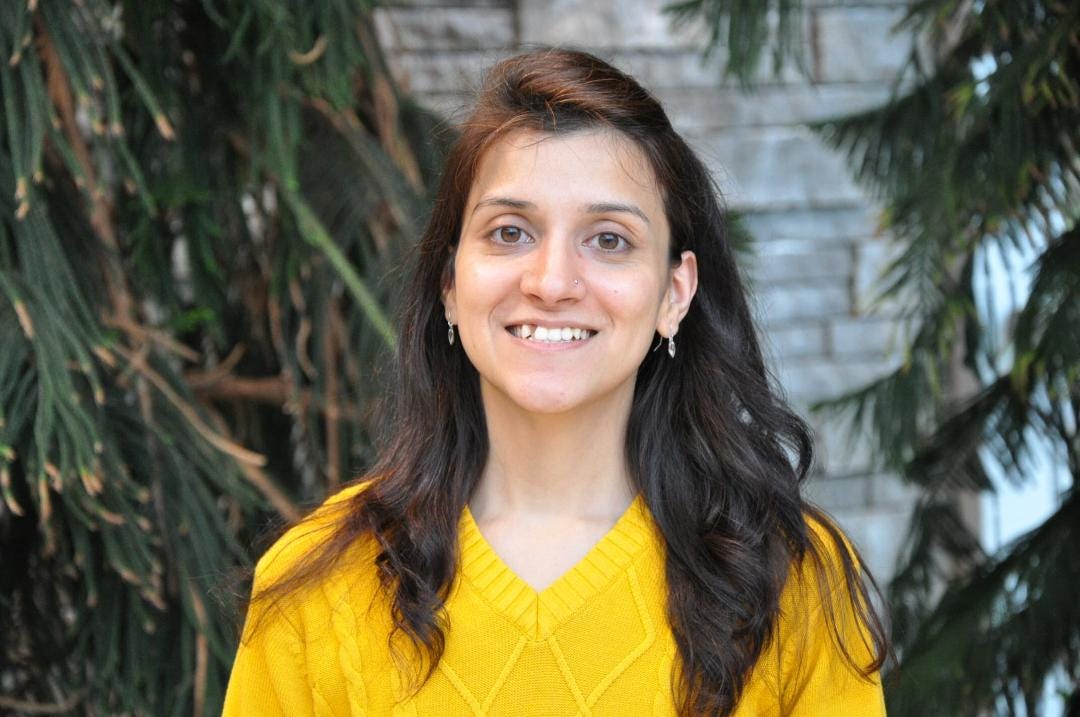Mitacs Innovation Awards celebrated Canada’s top students, professors and enterprises
Mitacs, Canada’s leading innovation organization, recognized eight Canadians for their game-changing contributions across diverse fields.
Mitacs Innovation Awards Winners Credit: Mitacs
The Mitacs Innovation Awards celebrated Canada’s top students, professors and enterprises at a ceremony held at the National Arts Centre in Ottawa on November 19, 2024.
Mitacs, Canada’s leading innovation organization, recognized eight Canadians for their game-changing contributions across diverse fields including digital technology, artificial intelligence, energy, sustainable solutions, and advanced manufacturing.
Vancouver researcher, Dr. Paul Onkundi Nyangaresi, was awarded the Mitacs Innovation Award – Inclusive Innovator of the Year for his first-of-its kind water filtration system that provides clean drinking water to school children in his rural home village in Kenya.
Dr. Paul Onkundi Nyangaresi Credit: Mitacs
The first-of-its-kind automated filtration system is designed to meet unique cultural and environmental needs with the potential to be replicated in Indigenous and rural communities across Canada
As an Environmental Engineering and Electronic Science Technologist furthering his research in Canada, Dr. Nyangaresi has developed a low-cost, simple water disinfection system fueled by collected rainwater. The system successfully stores up to 10,000 litres, delivering 500 litres of clean water per day for drinking and cooking to 365 students and teachers at the Rianyabayo Memorial Academy in nearby Kisii County, Kenya.
Dr. Nyangaresi — a postdoctoral researcher working under the supervision of Professor Sara Beck in the Civil Engineering Department at the University of British Columbia — is being recognized for working with the local Kenyan community to devise a water treatment solution that suits their culture and way of life, while applying his cutting-edge knowledge of emerging water treatment technologies such as ultraviolet light emitting diode (UV LED) disinfection.
“I lived there for many years, so I was able to understand and work out the unique issues they face,” said Dr. Nyangaresi. “Sometimes projects with good intentions fail because the people implementing them don’t really know what the community wants.”
“When I came to Canada to work as a Postdoctoral researcher in June 2021, people in my hometown expected me to focus on earning money for my own family, personal and selfish needs,” said Dr. Nyangaresi. “For me, the aim was always to find a way to help my community and Mitacs helped me do that.”
Dr. Nyangaresi was able to install an ACUVA ArrowMax HOME UV LED disinfection system donated by Toronto-based Clear Inc., and then paired that technology with a Kenyan-designed filtration system that uses sand to remove disease-causing microorganisms.
“As long as there’s rain — which is abundant in that region — they have clean water and they don’t need any complex equipment or around-the-clock monitoring,” explained Dr. Nyangaresi, who estimates the cost of the system to be around $5,000.
Understanding the need for culturally competent practices, Dr. Nyangaresi actively consulted with the community in research design, used and procured local materials to boost local economic development, and employed local talent to install the system, resulting in a solution that empowers community ownership and sustainability.
Dr. Nazanin Vafaei, was awarded the prestigious Mitacs Innovation Award – Outstanding Innovation for developing eco-friendly canola extraction technology.
Dr. Nazanin Vafaei Credit: Mitacs
Dr. Vafaei is a University of Manitoba postdoctoral researcher at the Richardson Centre for Food Technology and Research under the supervision of Professor Martin Scanlon. She is being recognized for her innovative work to develop advanced methods for extracting high-quality oils from plant-based sources without using solvents and while using low temperatures to preserve the functional and nutritional value of the oil extracted.
The new techniques, developed in partnership with the Canola Council of Canada with the support of Mitacs, produce sustainable cooking oils with a 99.9 per yield leaving a dry, high-quality plant protein that can be used in meat alternatives and other emerging plant-based foods.
“Mitacs made it possible for me to attend one of the largest conferences in the food processing industry, where I gathered extensive knowledge. None of this could have happened without Mitacs. I’m extremely happy and proud to be doing this work,” stated Dr. Vafaei.
Dr. Vafaei also developed an eco-friendly, healthier alternative to palm oil by developing more sustainable methods for producing hard fats from soybeans and canola seeds. These fats are designed to serve as healthier alternatives to palm oil in shortenings, margarines, and other foods.
Dr. Vafaei credits her mother for inspiring her research path through teachings about the necessity of protecting the environment. Moving forward, she is making it her mission to scale sustainable methods. That means collaborating with researchers from the University of Saskatchewan, University of Guelph, Agriculture and Agri-food Canada (AAFC), and the University of Manitoba.
“When I first learned about the high environmental impact of our food processing industry, including the devastation of our tropical forests to make room for palm plantations, it blew my mind,” she said. “It’s my hope to provide a sustainable, eco-friendly, healthier alternative.”
Breakthrough work has earned Dr. Timsy Bhando a Mitacs Innovation Award — Outstanding Innovation. Dr. Bhando is a postdoctoral researcher working under the supervision of Professor Eric Brown in the Department of Biochemistry and Biomedical Sciences at McMaster University. She is being recognized for advancing the field of natural product discovery by successfully identifying, extracting and characterizing novel therapeutic compounds derived from fungi.
Dr. Timsy Bhando Credit: Mitacs
The project is being led by Vancouver-based Kapoose Creek Bio, a startup focused on accelerating the discovery and development of drugs from nature, which recently expanded to Hamilton, ON with an AI-powered drug discovery lab.
“The reality is we’ve exhausted our ability to explore synthetic drug compounds in the lab – researchers are generating millions of molecules but they’re not making new discoveries,” said Dr. Bhando.
Historically, many effective drugs have come from fungi -- yeasts, molds and mushrooms -- including penicillin to treat bacterial infection, statins to lower cholesterol, and cyclosporine for transplant surgeries.
Dr. Bhando’s contribution to the emerging field of fungal natural product discovery includes helping to develop a library of thousands of fungal extracts for future exploration. She credits Mitacs for creating the perfect framework to accelerate her research, and for providing the essential support required to bridge the gap between researchers and industry.
“We’re focusing our efforts on fungi as a source of new drugs because we believe nature makes the best medicine,” Dr. Bhando stated.
Dr. Bhando is also working to optimize the KCB-100 lead compound and characterize its therapeutic benefits. To date, she has demonstrated that the compound helps neurons in the brain survive injury, grow and make connections, called synapses, indicating it has potential to treat neurodegenerative diseases such as dementia and Parkinson’s, as well as depression.
“We’ve shown that this compound effectively crosses the blood brain barrier, ensuring the drug will reach the brain,” explained Dr. Bhando, who recently accepted a full-time position at Kapoose Creek Bio to oversee preclinical testing of the fungal natural product in animal models. “We’re working to better understand the therapeutic benefits and improve its chemical properties so that it can best treat disease,” she added.
In addition to four awards for Outstanding Innovation, there were also individual awards honouring the Inclusive Innovator of the Year, Canadian Start-Up Innovator of the Year, Canadian Enterprise Innovator of the Year, and the award for Outstanding Research Leadership.
While congratulating the winners, Mitacs’s CEO Dr. Stephen Lucas reflected on the organization’s history, “As Mitacs celebrates 25 years as a leader in Canadian innovation, we reaffirm our belief that partnerships between research, enterprises, and talent — like the ones we honour with the Mitacs Innovation Awards — are key to a successful, prosperous Canada,” he said.
*A version of this article first appeared on rabble.ca.
Thanks to everyone who read today’s article. With your continued support, a little Nicoll can make a lot of change.




